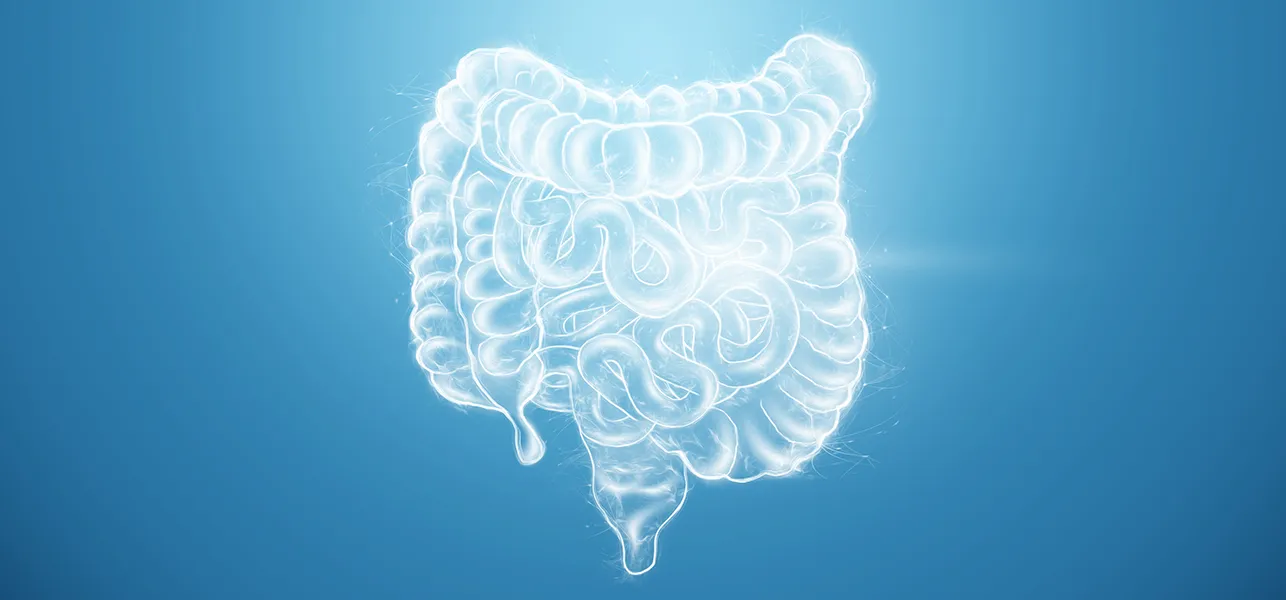Can Constipation Cause Nausea?

Constipation is a common digestive issue many people experience at some point in their life.
Typically, it refers to the inability to excrete or pass stool. Occasionally, some people complain of experiencing feelings of nausea or an urge to throw up.
Put simply, tummy inconveniences and poor bowel movement can cause constipation.
If you’re wondering why you often feel nauseous or sick while constipated, here is all you need to know.
Constipation and nausea – what’s the connection?
As mentioned above, constipation can cause immense discomfort. People who experience this condition may have additional symptoms such as nausea or abdominal pain.
Nausea, on the other hand, is another inconvenient feeling that can make you feel as if you’re going to throw up.

Advertisement
According to the National Institute of Digestive and Kidney Diseases, constipation is a painful condition that occurs as a result of infrequent bowel movements. It causes stool to become dry and hard. More than 16% of adults in the USA suffer from severe constipation issues.
The institute has further established a link between nausea and constipation.
Nausea due to constipation
While some people can feel nauseated and constipated after eating peanut butter, others experience it when they start using new medicines. That is to say, your lifestyle and dietary changes can impact your bowel movement.
However, if you have recurring and chronic constipation, it is an indication of an underlying medical condition such as inflammatory bowel disease (IBD) or intestinal obstruction. The conditions that cause constipation may also develop nauseating feelings and several other digestive symptoms.
Here are some of the conditions that link constipation to nausea.
Intestinal obstruction
An intestinal obstruction refers to the blockage in the intestines. The blockage, whether major or minor, prevents the passage of waste materials and digested food. It usually occurs due to the buildup of tissues or inflammation after surgery.
In many cases, the intestines get twisted and cause a condition called volvulus.
Note that this obstruction can block stool passage, resulting in constipation. If you develop the condition, you may experience a range of symptoms and signs, depending on the blockage severity.
An obstruction near the stomach in the small intestine causes nausea and vomiting.
If you leave the condition untreated, it can cause some serious complications that include:
- Severe infection
- Bowel perforation
- Bowel necrosis
Inflammatory bowel disease
Inflammatory bowel disease or IBD is a combination of many medical conditions that may cause severe inflammation in the GI tract. These conditions include Crohn’s disease and ulcerative colitis. Inflammation that develops due to IBD causes several uncomfortable digestive symptoms that include:
- Diarrhea
- Incomplete evacuation or partial bowel movements
- Constipation
- Nausea
- Stomach pain
- Bloody stools
Irritable bowel syndrome
Irritable bowel syndrome (IBS) is another persistent condition that may affect your large intestines and cause symptoms, such as:
- Cramping and stomach pain
- Bloating or gas
- Diarrhea
- Constipation
The effects of given IBS symptoms can lead to nausea.
Though the exact causes of IBS remain unknown, some common studies identify some potential underlying factors, such as:
- Bacterial overgrowth in the digestive tract gut
- Genetics
- Food sensitivities
- Anxiety or depression
- Stress
Here is what Michael Machek, M.D. from Conviva Care Centers says:

With retained fecal matter in your intestines further consumed food will be impaired in digestion causing food to remain in stomach longer which can affect the bacteria balance in the gut. The decreased gut motility along with increased gut bacteria may manifest as bloating and nausea.
Side effects of medications and laxatives
A common question people have regarding medication is, “do antibiotics cause constipation?” The question usually arises when passing stool becomes a task after taking certain medicines.
Typically, there are prescription medications that may cause different digestive problems. And constipation and nausea are no exception. Many people experience constipation when they switch to a new medication. The best way to deal with it is to consult your doctor.
Lubiprostone, for instance, is a medicine that treats constipation. Besides relating to IBS, nausea is a major side effect of using this medication. Similarly, many laxatives relieve constipation and stimulate bowel movements but can also cause side effects that include:
- Vomiting
- Nausea
- Diarrhea
- Bloating
- Stomach pain
- Headaches
The National Institutes of Health (NIH) shows nausea as the main side effect of lactulose which is a common laxative that contains synthetic sugar.
Common symptoms you can link with constipation
If your back hurts after you’ve spent 20–30 minutes in the bathroom, it is a sign that constipation can cause back pain.
As mentioned above, you may develop constipation for many reasons that may include anything from lack of exercise, dietary changes to underlying medical conditions. If you have chronic constipation, you may experience some additional symptoms that include:
- Painful bowel movements
- Difficulty passing stool
- Passing hard or lumpy stools
- Incomplete evacuation even after visiting the toilet many times
- Decreased appetite
- Fatigue
- Unintentional weight loss
ColonBroom – your solution to constipation and nausea
As laxatives can be the reason for your constipation, it is better to opt for something that is natural and can reduce symptoms without any side effects.

A safe and effective way to relieve constipation
- Contains the goodness of natural ingredients
- Includes psyllium husk as a star ingredient
- Might help to combat constipation
- Boosts energy and cleanses the gut
- Easy to consume and can be used twice a day
ColonBroom, in this regard, is a valuable organic supplement that can relieve digestive issues such as bloating and constipation. With plenty of natural components such as crystallized lemon and psyllium husk, it alleviates digestive issues.
The powerful natural ingredients in this organic supplement act as a dietary fiber to soak up water in the gut. Incorporating it into your diet with adequate water intake can relieve constipation without causing nausea.
ColonBroom softens the stool and helps prevent the health conditions mentioned above. If you want to improve gut health and relieve constipation, this supplement is your answer.
Conclusion
All in all, constipation can cause nausea due to a variety of reasons. Thanks to the formulas like ColonBroom, you can cleanse your gut to alleviate indigestion and discomfort.
The dietary supplement is a combination of organic components that help people deal with digestive issues like diarrhea, constipation, and bloating.
However, you can discuss with your doctor and switch to natural solutions like ColonBroom instead of relying on medications.







Comments (0)